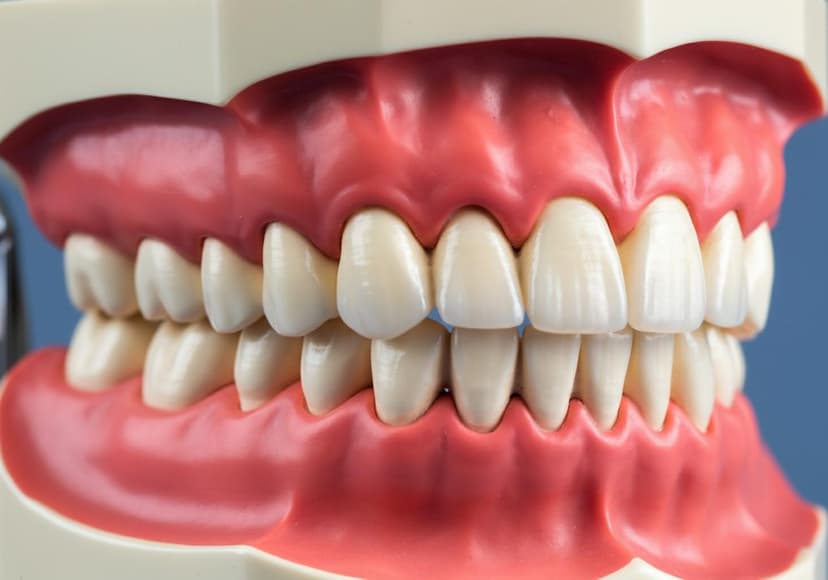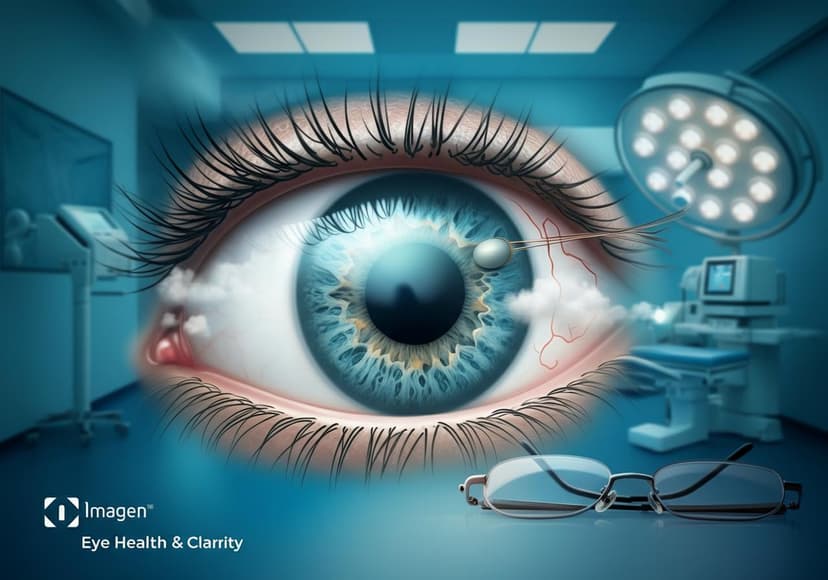Depression Test Overview
This overview discusses assessments used to identify and evaluate symptoms, supporting diagnosis and treatment planning for depression.
Depression is a condition that affects millions of people worldwide. It's not just about feeling sad; it can encompass a whole range of symptoms that significantly affect your quality of life. One way to understand whether you might be experiencing depression is through various depression tests. In this blog post, we'll explore what these tests are and how they can be a part of a thorough mental health assessment.
What is a Depression Test?
A depression test is a tool used to help gauge the presence and severity of depressive symptoms. These tests vary in format but often consist of questionnaires that ask about your mood, thoughts, and behavior patterns. The main aim is to detect potential issues like major depressive disorder and other mood disorders. For more structured assessments, you can visit resources like Priory Group’s Depression Test.
How Does it Relate to Mood Disorders?
Mood disorders, such as depression and bipolar disorder, involve disturbances in a person’s mood that impact their life significantly. The mood disorder screening helps clinicians identify these conditions through structured questionnaires. These screenings do more than just ask about sadness; they encompass a range of emotional and psychological responses which can include manic episodes in the case of bipolar disorder. If you suspect you might be experiencing a mood disorder, consider seeking specialized testing.
Understanding Anxiety and Its Connection
Sometimes, anxiety can accompany depression, which complicates diagnosis and treatment. An anxiety and depression test can help identify both issues simultaneously, leading to a comprehensive treatment plan. This is crucial since many people experience co-occurring disorders that necessitate a tailored approach. Addressing both anxiety and depression can significantly improve your overall mental health.
The Importance of Clinical Evaluation
After taking a depression test, the next step may involve a psychological evaluation. This is a more in-depth assessment performed by a mental health professional, usually to confirm a clinical depression diagnosis. This evaluation often includes a detailed interview, personal history, and might even involve cognitive behavioral therapy strategies to better assess your thoughts and behaviors. Understanding your mental health through these methods allows for a more personalized treatment plan.
Exploring Online Depression Tests
In today’s digital age, many people prefer convenience. Online depression tests offer a way to assess your mood from the comfort of your home. However, while these can provide some level of insight, they should never be a substitute for professional evaluation and treatment. Resources like Deconstructing Stigma provide valuable online screening tools, which can help you determine if you should seek further help. However, remember that the results of online tests should always be discussed with a professional.
Suicidal Ideation Screening is Crucial
One critical aspect of depression tests is the suicidal ideation screening. Some tests specifically gauge thoughts about self-harm or suicide, which is crucial for identifying individuals at risk. If you or someone you know is struggling with these feelings, it’s essential to seek immediate help. Suicide is a serious issue, and understanding these thoughts through testing can lead to lifesaving intervention.
Treatment Options: Beyond Testing
Once you've undergone testing and received a diagnosis, discussing treatment becomes the next step. Depending on the severity of your condition, options like antidepressant medication, therapy, or a combination of both might be recommended. Medications may help stabilize mood and alleviate symptoms, but they work best when combined with therapeutic strategies like cognitive behavioral therapy that address the root of the issue.
A Final Note on Seeking Help
Understanding depression through these tests is only the first step. Whether you are considering a bipolar disorder test or you're simply questioning your mental state, know that seeking help is vital. Prioritizing mental health is essential, and taking a depression test can be a constructive move toward a healthier, more fulfilling life. Don’t hesitate to reach out for professional guidance when needed; it could change your life.

Posts Relacionados

4 On 4 Dental Implant Procedure
Efficiently replaces a full arch of missing teeth with a fixed prosthetic using strategically placed implants.

Bodybuilding Motivation In The Gym
Pushing limits, relentless efforts, and sculpted physiques: witness the unwavering dedication of bodybuilders in the gym.

Cataracts Symptoms And Treatment
Eye clinics offer comprehensive care. Early detection and treatment improve vision and prevent severe eye damage.